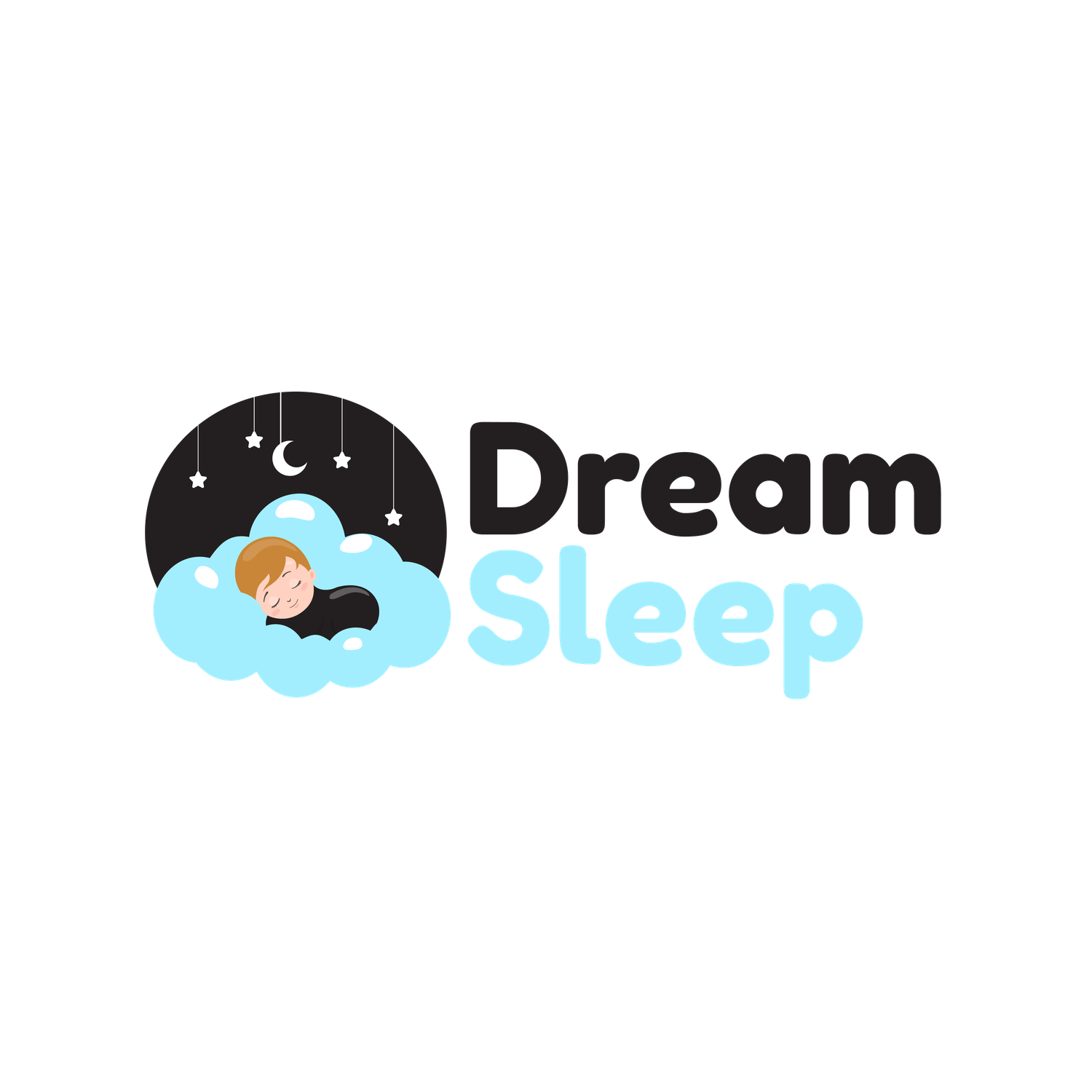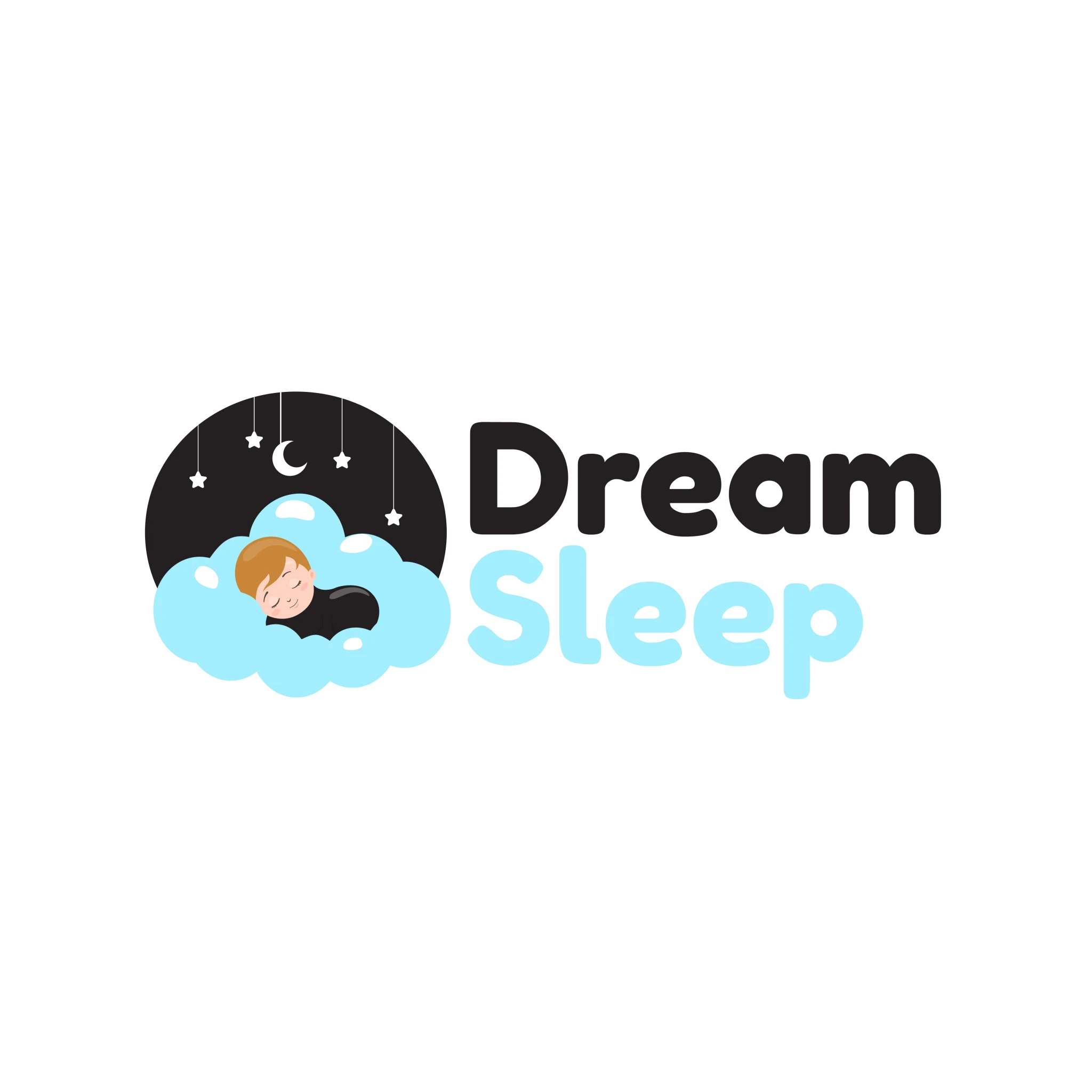Hyperactivity and how is affects sleep in toddlers
Hyperactivity in toddlers can have a significant impact on their sleep patterns. Hyperactive behaviour is characterised by excessive energy, difficulty staying still or sitting quietly, impulsivity, and a tendency to be easily distracted. When these behaviours occur close to bedtime or during the night, they can disrupt a toddler’s ability to fall asleep and maintain a restful sleep. Here are a few ways in which hyperactivity can affect sleep in toddlers:
1. Difficulty falling asleep: Hyperactive toddlers often struggle to wind down and relax before bedtime. They may have trouble transitioning from a high-energy state to a more calm and relaxed state, making it challenging for them to fall asleep.
2. Nighttime awakenings: Hyperactive behaviour can cause toddlers to wake up frequently during the night. They may experience restless sleep, waking up multiple times and having difficulty settling back down. These disruptions can lead to fragmented sleep and less overall restorative rest.
3. Reduced sleep duration: Hyperactive toddlers may have a shorter total sleep duration compared to their peers. Their difficulty in falling asleep and increased nighttime awakenings can result in overall less sleep time, which can lead to daytime sleepiness and mood disturbances.
4. Sleep onset delay: Hyperactivity can delay the onset of sleep. Toddlers who are hyperactive may resist going to bed or experience a delay in transitioning from the waking state to sleep. This can result in later bedtimes, further reducing the total amount of sleep they get.
5. Poor sleep quality: Hyperactive behaviour can lead to poor sleep quality. Even if a hyperactive toddler manages to fall asleep, they may experience restless and disrupted sleep. This can result in lighter sleep, frequent awakenings, and less time spent in deep, restorative sleep stages.
To help manage hyperactivity and improve sleep in toddlers, it’s important to establish a consistent bedtime routine that promotes relaxation. Creating a calm and soothing environment before bedtime, such as dimming lights, avoiding stimulating activities, and incorporating activities like reading books or listening to soft music, can help signal the body that it’s time to wind down. Regular physical activity during the day can also help tire out the toddler, making it easier for them to settle down at night. If hyperactivity continues to significantly disrupt a toddler’s sleep or if you have concerns about your child’s behaviour, please contact Dream Sleep Occupational Therapy who can provide further guidance and support.
To contact Dream Sleep Occupational Therapy, email info@DreamSleepOT.com.au or visit the website.
Or Book Now
Share this:
Leave a comment

For the best sleep possible
Dream Sleep Occupational Therapy provides evidence-based and personalised advice to support your family’s best possible sleep
Contact Us
Open Hours
Mon-Fri: By appointment only
Saturday: Closed
Sunday: Closed
Public Holidays: Closed
WA School Holidays: Closed
Location
Maylands, Western Australia.
Telehealth, online courses and sleep guides- worldwide
All Rights Reserved 2025 Dream Sleep OT.


